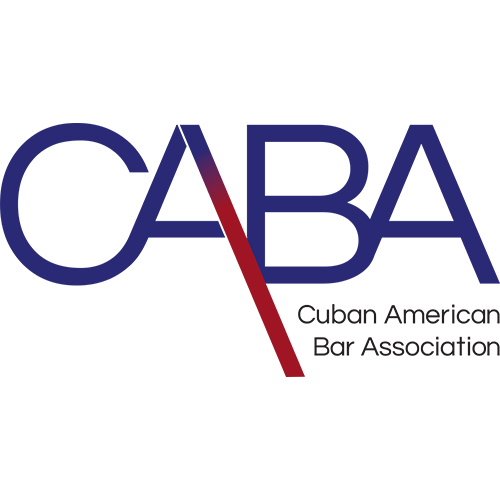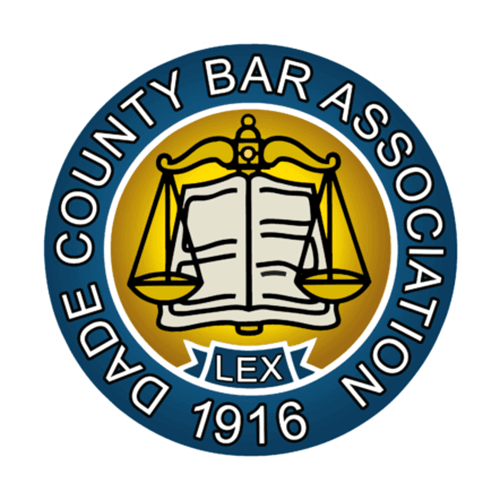Criminal Acts by Third Parties in Slip and Fall Cases
reviewed for Accuracy
The content on this page has been produced and reviewed in accordance with our editorial guidelines. This content has been reviewed and approved by founding Personal Injury Attorney Jack G. Bernstein who has over 40 years of legal practice experience.
A common type of premise liability case arises where a person is injured by the intentional, criminal acts of a third party while on another’s property. Generally, a landowner does not have a duty to protect people on his or her property from criminal acts by third persons, absent a special relationship. A commercial property owner is not an insurer of the safety of the customers entering the space, and has no duty to protect against unforeseeable criminal actions. If you were injured after a criminal attack by a third party while on the property of another, an experienced premises liability attorney can explain your legal options.
Foreseeability
If a particular criminal attack by a third person is foreseeable, most states hold that a business owner has a duty to exercise reasonable care to protect entrants from that attack. Whether something is considered foreseeable is determined by the existence of prior similar incidents or a totality of the circumstances test. The prior similar incidents must have occurred on the premises or within the immediate area. The prior crime need not be identical to the one at issue, but it needs to be sufficiently similar to make the property owner aware of a particular danger. A crime is more likely to be considered foreseeable if there were a significant number of similar crimes within a short period of time. On the other hand, the absence of any similar crimes or a very small number of crimes over a long period of time demonstrates that it was probably not foreseeable.
There are other states that do not follow the foreseeability rule. In some of these states, a business owner has no duty to foresee criminal attacks and only has a duty to reasonably respond to a situation on the premises that a reasonable person would recognize presents a risk of imminent harm to an invitee. In other states that do not follow the foreseeability rule, a business owner has no responsibility to protect invitees against criminal attacks by third parties unless he or she knows that criminal attacks, which involve an imminent probability of harm, are happening or are about to happen on the premises.
In states that follow the totality of circumstances approach, foreseeability is determined by examining a number of factors including prior incidents; the nature, condition and location of the property; and the property owner’s prior experience.
Special Relationship
Generally, a landowner has no duty to protect against harm caused by a third party’s dangerous or criminal acts. However, there is an exception to this general rule when the landowner and the injured party are in a special relationship. Examples of special relationships include: carrier-passenger; innkeeper-guest; business invitor-invitee; and voluntary custodian-protectee.
Negligent Security
In negligent security cases, the plaintiff generally alleges two things: (1) the negligent security of the property owner or occupier and (2) the intentional wrong of the third party who injured the plaintiff. There are several types of negligent security cases, including cases involving inadequate security, insufficient lighting, insufficient security measures and procedures, inadequate control over keys (in hotels, motels and apartments) and inadequate supervision. If a property or business owner voluntarily assumes a duty to protect entrants by hiring a security guard, he or she must act with due care.
Conclusion
Unfortunately, criminal attacks can occur almost anywhere. People may be attacked in a parking lot at a mall or shopping center or be assaulted by an intoxicated person at a bar or sporting event. If you or a family member was injured after a criminal assault by a third party while on the property of another, it is important to speak to an experienced premises liability attorney about your options.
DISCLAIMER: This site and any information contained herein are intended for informational purposes only and should not be construed as legal advice. Seek competent legal counsel for advice on any legal matter.





